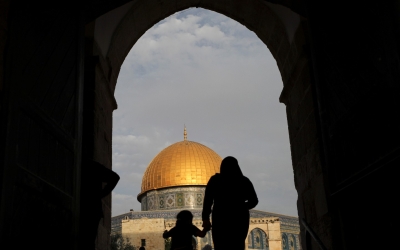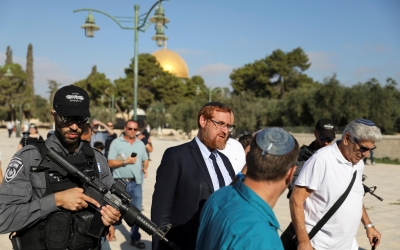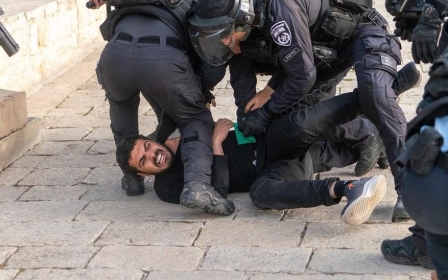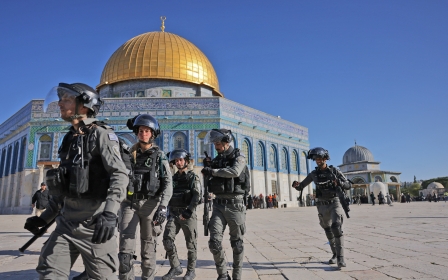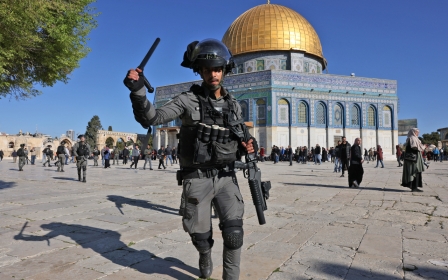United Arab List freezes coalition and Knesset membership amid Israeli attacks on al-Aqsa
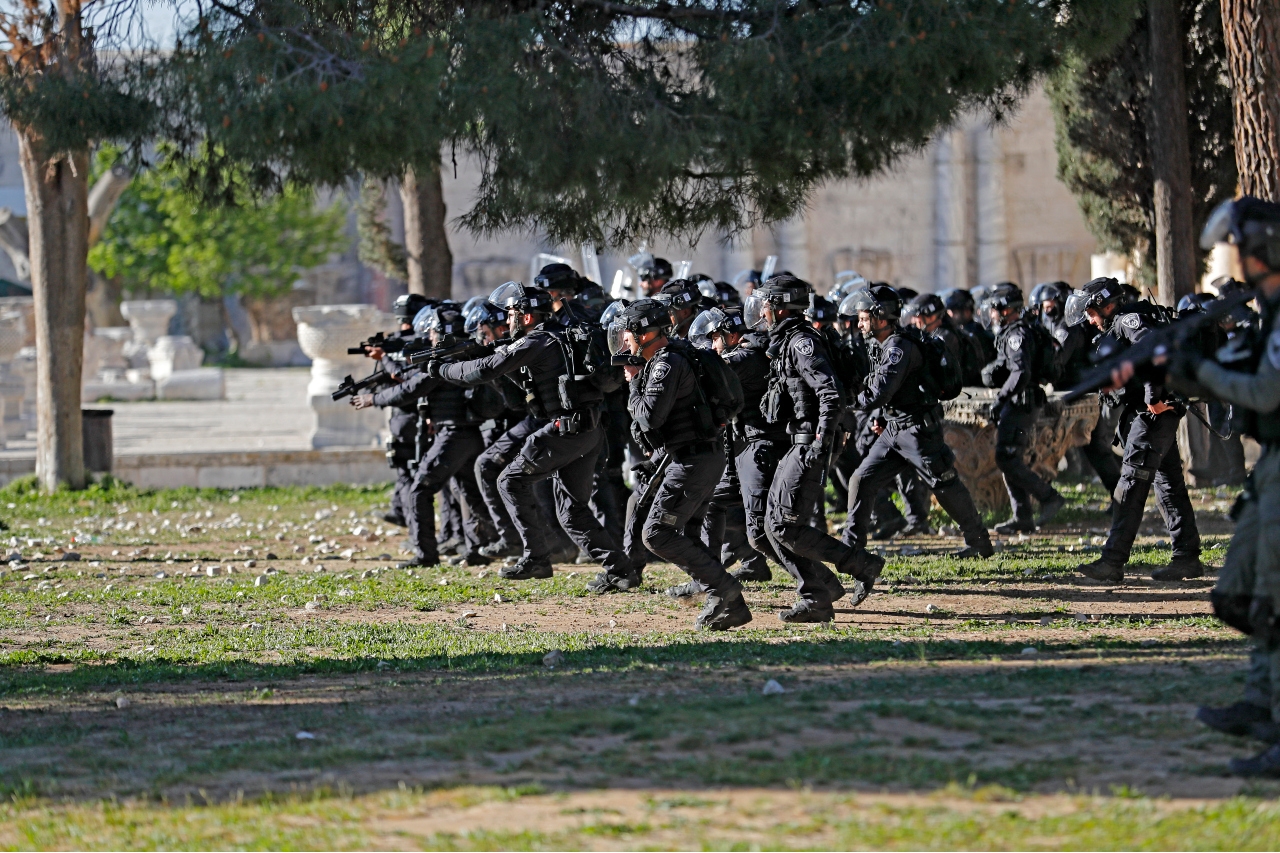
The United Arab List has decided to temporarily freeze its membership in both the Knesset and the government's coalition, amid Israel's attacks on Palestinian worshippers at al-Aqsa Mosque.
The move reportedly comes in coordination between party leader Mansour Abbas, Israeli Prime Minister Naftali Bennett and Foreign Minister Yair Lapid.
The suspended memberships are expected to last for a two-week period in order to quell pressure on the party and threats of outright defection, which would topple the teetering government's coalition.
The United Arab List - also known as Raam, a Hebrew acronym - has four Knesset seats, and last year became the first Palestinian Israeli party to join a coalition government.
In recent days, MK Idit Silman, a member of Bennett’s Yamina party, quit the coalition, causing it to lose its razor-thin majority. The 120-member Knesset is now deadlocked, with both the coalition and opposition holding 60 seats each.
A defection from the United Arab List, which agreed to join the coalition under the condition that it was willing to cooperate with Palestinians on key issues, would be a devastating blow to the ruling government.
Party leader Abbas has issued repeated calls for calm, insisting the bloc has no intention of permanently withdrawing memberships. The Palestinian public, meanwhile, has called for radical action, as there exists a general consensus that Israeli raids on the al-Aqsa Mosque cross a red line.
For now, the suspension remains largely declarative, as the Knesset is in recess, not returning until 8 May.
The United Arab List's umbrella organisation, known as the Southern Islamic Movement, issued a statement condemning Israel's "barbaric" attacks on al-Aqsa Mosque on Friday, when at least 152 people were evacuated to hospitals, and 400 Palestinians were arrested.
Israeli raids on al-Aqsa
On Sunday, a second Israeli raid on the mosque - considered one of the holiest sites in Islam - began around 7am local time, when hundreds of special forces entered the mosque's courtyard and began striking Palestinians observing Ramadan with batons in a bid to force them out. There were also reports of stun grenades being deployed.
Scores of Palestinians were locked inside corridors in the mosque's compound, while hundreds of right-wing Israelis, protected by heavily armed forces, stormed the courtyard of the mosque.
Far-right Israeli activists and settler groups had announced plans to storm al-Aqsa this week in large numbers to mark the Jewish Passover holiday.
The Islamic Waqf, a joint Jordanian-Palestinian trust that administrates the affairs of al-Aqsa, has recorded more than 500 Israeli extremists entering the mosque in recent days.
Israel's control of occupied East Jerusalem, including the Old City, where al-Aqsa Mosque is located, violates several principles of international law, which stipulates that an occupying power has no sovereignty in the territory it occupies and cannot make any permanent changes there.
Meanwhile, a large portion of Israeli society advocates for the destruction of the mosque, where Jews believe two ancient temples once stood, to make way for a third temple on what is known as "the Temple Mount".
Middle East Eye propose une couverture et une analyse indépendantes et incomparables du Moyen-Orient, de l’Afrique du Nord et d’autres régions du monde. Pour en savoir plus sur la reprise de ce contenu et les frais qui s’appliquent, veuillez remplir ce formulaire [en anglais]. Pour en savoir plus sur MEE, cliquez ici [en anglais].


